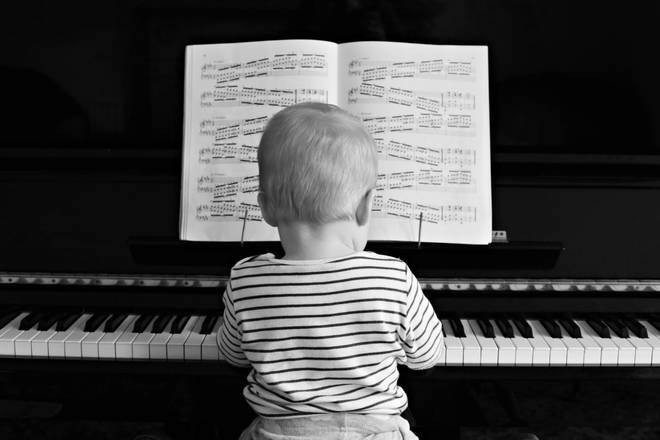According to a new study, musicians and people who are bilingual have trained their brains into being more efficient.
Researchers at Baycrest’s Rotman Research Institute found musicians and bilingual people used fewer brain resources when carrying out a memory test.
The study, published in the journal Annals of the New York Academy of Sciences, found that people with a musical and bilingual background activated different parts of their brain and showed less brain activity while carrying out a task than people who hadn’t had formal music training.
Author Dr Claude Alain, a senior scientist at Baycrest’s Rotman Research Institute and a professor at the University of Toronto’s Institute of Medical Science, said: “These findings show that musicians and bilinguals require less effort to perform the same task, which could also protect them against cognitive decline and delay the onset of dementia.
“Our results also demonstrated that a person’s experiences, whether it’s learning how to play a musical instrument or another language, can shape how the brain functions and which networks are used.”
Studies have previously shown that musicians and bilingual people have a better working memory, ability to remember things like a phone number or instructions, and are better at mental arithmetic – but scientists haven’t yet been able to work out why.
In the study, researchers analysed the brains of 41 people aged 19-35. They fell into three categories: English-speaking non-musicians, musicians who only speak English and bilingual people who don’t play a musical instrument.
The participants were asked to identify whether a sound from a musical instrument, the environment or a human was the same, and whether it came from the same direction, as the previous one they heard.
While they identified the sounds, each participant’s brain imagery was analysed.
Musicians remembered the type of sound faster, while both bilinguals and musicians identified its location more accurately than the other group.
Bilinguals performed the same in the first test as those who only spoke one language, but they still showed less brain activity when completing the task.
Dr Alain concluded: “People who speak two languages may take longer to process sounds since the information is run through two language libraries rather than just one.
“During this task, the brains of bilinguals showed greater signs of activation in areas that are known for speech comprehension, supporting this theory.”
Originally posted on CLASSICFM.COM


